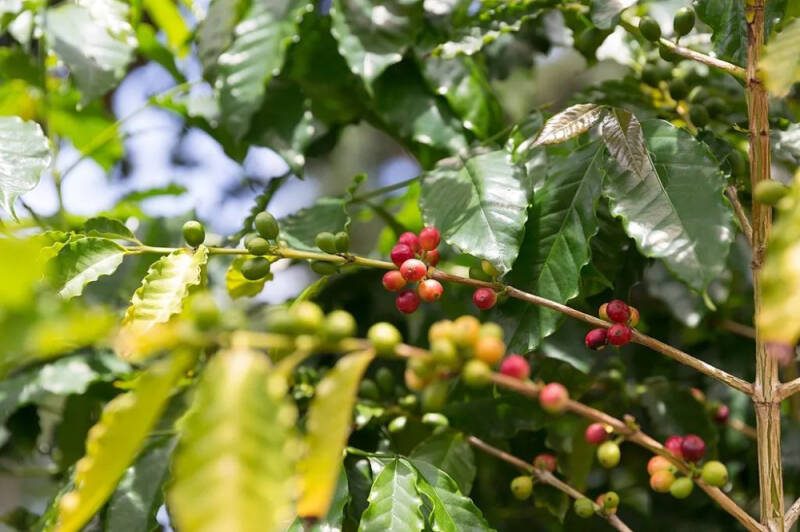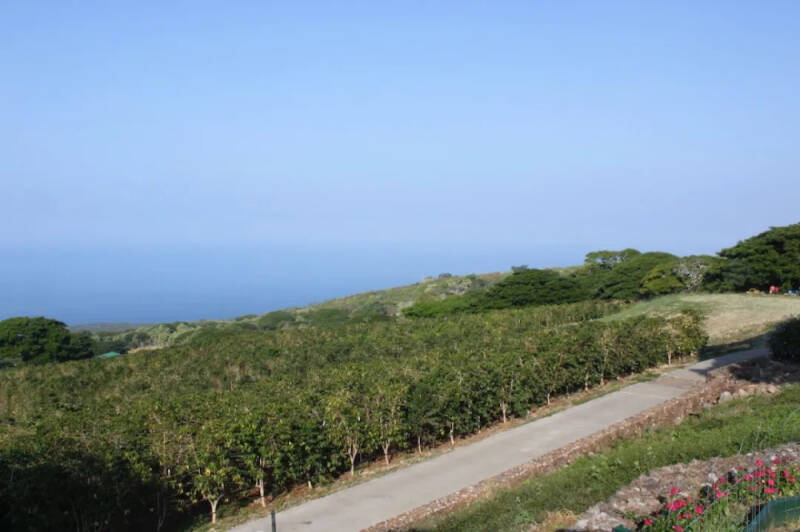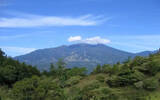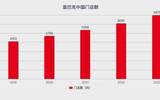Hawaiian lawmakers propose stricter Coffee labelling Act
Recently, lawmakers representing the Kona district of Hawaii have been proposing a series of bills requiring stricter labelling requirements for single-origin coffee and blended beans containing Hawaiian-grown coffee.
In the proposed bill, it is stated that the mixture will include the amount of coffee from designated sources, from 25% to 100%. It is also stipulated that coffee mixtures from multiple Hawaiian sources must clearly identify and include the percentage of each type of coffee. At the same time, under the proposed law, packaging mixtures of Hawaiian coffee and coffee from other countries of origin must include percentage and Hawaiian origin. In addition to the supporting state legislatures and Senate bills that would amend the Hawaiian label, lawmakers have introduced complementary bills that outline enforcement and require a fine of $10,000 for each violation of the proposed law.

All because state law currently allows "Kona" or any other Hawaiian name to be used by naming, packaging and sellers with only 10% Hawaiian coffee in the coffee mixture. In fact, as early as 2015, some Kona coffee growers and legislation have been pushing for stricter labelling requirements as they seek to protect Kona's name and improve the global reputation of Hawaiian coffee.
It is said that as early as 1991, lawmakers and the KCFA of the Kona Coffee Farmers Association, as well as a team of local farmers' representatives, had been fighting to change the law. In a proposed bill, mixed coffee labeled Kona is required to contain at least 74% of coffee grown in the Kona region, and businesses that meet the 10% threshold are required to disclose the origin of coffee grown in non-Kona on the packaging. But in the end, neither of the bills was signed into law.

For KCFA, which represents about 300 producer members, the result is closely related to the integrity of the Kona name and the views of consumers in Hawaii and elsewhere. The organization believes that such a practice is deceptive, which is disadvantageous and unfair to the Hawaiian coffee industry, and even affects tourism.
But as the controversy escalated, coffee growers in Kona, Hawaii, filed a civil lawsuit against eight American bakery companies and some of the largest grocery stores and online retailers in the United States. The class action sought relief for about 6 to 1000 Kona coffee farmers, disputing coffee packaging labels with the name "Kona". Litigation targets include Wal-Mart, Amazon, Kaixiang and other well-known varieties. The lawsuit was successful and more than 20 grocery stores and baking companies were fined more than $33 million. This incident lays a deeper foundation for this new legislation.
Important Notice :
前街咖啡 FrontStreet Coffee has moved to new addredd:
FrontStreet Coffee Address: 315,Donghua East Road,GuangZhou
Tel:020 38364473
- Prev

Introduction of Panamanian Coffee producing area, Pokuit producing area, Arida Manor, Arida Iron pickup
Panamanian coffee is well known in the global coffee market, especially the rose summer variety. Rosa stood out with outstanding results after passing the best Panama competition and auction in 2005, and broke the coffee auction record at that time. Therefore, in the impression of many people, coffee in Panama is grown in rosy summer.
- Next

Push it step by step! Starbucks does not roll the price volume market!
▲ click to follow | Daily boutique coffee culture magazine coffee workshop coffee market competition in the past year is fierce, chain coffee brands are expanding stores, bringing their brand influence from high-line cities to sunken cities, according to GeeQData brand data, coffee brands in the county market stores total
Related
- What grade does Jamaica Blue Mountain No. 1 coffee belong to and how to drink it better? What is the highest grade of Blue Mountain coffee for coffee aristocrats?
- What are the flavor characteristics of the world-famous coffee Blue Mountain No. 1 Golden Mantelin? What are the characteristics of deep-roasted bitter coffee?
- Can I make coffee a second time in an Italian hand-brewed mocha pot? Why can't coffee be brewed several times like tea leaves?
- Hand-brewed coffee flows with a knife and a tornado. How to brew it? What is the proportion of grinding water and water temperature divided into?
- What is the difference between Indonesian Sumatra Mantinin coffee and gold Mantinin? How to distinguish between real and fake golden Mantelin coffee?
- What does bypass mean in coffee? Why can hand-brewed coffee and water make it better?
- Unexpected! Ruixing Telunsu lattes use a smoothie machine to foam milk?!
- % Arabia's first store in Henan opens into the village?! Netizen: Thought it was P's
- Does an authentic standard mocha coffee recipe use chocolate sauce or powder? Mocha Latte/Dirty Coffee/Salty Mocha Coffee Recipe Share!
- What is the difference between Vietnam egg coffee and Norway egg coffee? Hand-brewed single product coffee filter paper filter cloth filter flat solution!

